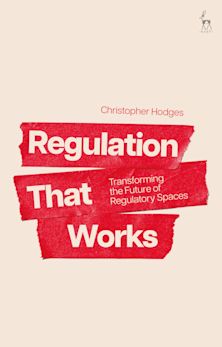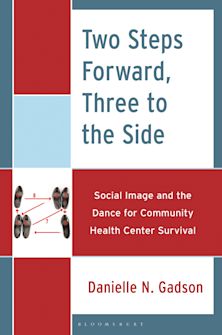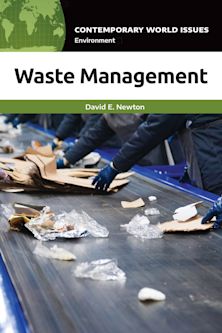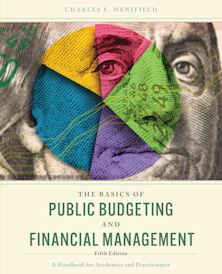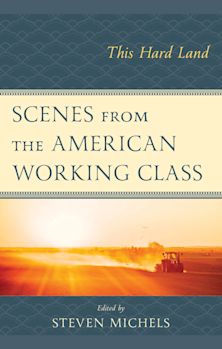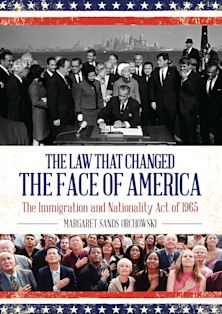Print the Legend
Politics, Culture, and Civic Virtue in the Films of John Ford
Sidney A. Pearson Jr. (Anthology Editor) , John Marini (Contributor) , Brigid McMenamin (Contributor) , David K. Nichols (Contributor) , Anne R. Pierce (Contributor) , Matthew J. Franck (Contributor) , Gwen Brown (Contributor) , Mary P. Nichols (Contributor) , Paul A. Cantor (Contributor) , J. David Alvis (Contributor) , John E. Alvis (Contributor) , James F. Pontuso (Contributor)
Print the Legend
Politics, Culture, and Civic Virtue in the Films of John Ford
Sidney A. Pearson Jr. (Anthology Editor) , John Marini (Contributor) , Brigid McMenamin (Contributor) , David K. Nichols (Contributor) , Anne R. Pierce (Contributor) , Matthew J. Franck (Contributor) , Gwen Brown (Contributor) , Mary P. Nichols (Contributor) , Paul A. Cantor (Contributor) , J. David Alvis (Contributor) , John E. Alvis (Contributor) , James F. Pontuso (Contributor)
This product is usually dispatched within 3 days
- Delivery and returns info
-
Free US delivery on orders $35 or over
You must sign in to add this item to your wishlist. Please sign in or create an account
Description
In Print the Legend: Politics, Culture, and Civic Virtue in the Films of John Ford, a collection of writers explore Ford's view of politics, popular culture, and civic virtue in some of his best films: Drums Along the Mohawk, The Searchers, The Man Who Shot Liberty Valance, Stagecoach, How Green Was My Valley, and The Last Hurrah. John Ford, more than most motion picture directors, invites his viewers into a serious discussion of these themes. For instance, one can consider Plato's timeless question 'What is justice?' in The Man Who Shot Liberty Valance, vengeance as classical Greek tragedy in The Searchers, or ethnic politics in The Last Hurrah. Ford's films never grow stale or seem dated because he continually probes the most important questions of our civic culture: what must we do to survive, prosper, pursue happiness, and retain our common decency as a regime? Further, viewing them from a distance of time, we are subtly invited to ask whether anything has been lost or gained since Ford celebrated the civic virtues of an earlier America. Is Ford's America an idealized America or a lost America?
Table of Contents
Chapter 2 Chapter 1. Defending the West: John Ford and the Creation of the Epic Western
Chapter 3 Chapter 2. The Blessings of Civilization: John Ford's Stagecoach
Chapter 4 Chapter 3. John Ford's Revolutionary Americans: Drums Along the Mohawk
Chapter 5 Chapter 4. Modernity and the Destruction of Boundaries: John Ford's The Grapes of Wrath
Chapter 6 Chapter 5. On the Threshold of Modernity: John Ford's How Green Was My Valley
Chapter 7 Chapter 6. Heroes and Political Communities in John Ford's Westerns: The Role of Wyatt Earp in My Darling Clementine
Chapter 8 Chapter 7. The Western and the Western Drama: John Ford's The Searchers and the Oresteia
Chapter 9 Chapter 8. Heroic Virtue and the Limits of Democracy in John Ford's The Searchers
Chapter 10 Chapter 9. Honor, Duty, and Civic Virtue: John Ford's Mr. Roberts and The Last Hurrah
Chapter 11 Why it is Tough to be the Second Toughest Guy in a Tough Town: John Ford's The Man Who Shot Liberty Valance
Product details
| Published | Jun 16 2009 |
|---|---|
| Format | Paperback |
| Edition | 1st |
| Extent | 206 |
| ISBN | 9780739135631 |
| Imprint | Lexington Books |
| Dimensions | 9 x 6 inches |
| Publisher | Bloomsbury Publishing |
About the contributors
Reviews
-
As we are on the threshold today of what may prove to be revolutionary changes in the American regime, it is entirely fitting that Sidney Pearson calls our attention back to the cultural revolution of the 1960s, by way of looking to the director whose films most effectively and artfully probed the issues at stake in America's cultural revolution from the perspective of heroic America. It is also fitting that Pearson approaches the films of such a great director with such a talented lineup of essayists, including some of our most interesting commentators on political philosophy and culture. For all who admire Ford's work, and especially for those of us who draw on it in our courses, this is an important and compelling collection.
Ronald J. Pestritto, author of Woodrow Wilson and the Roots of Modern Liberalism and America Transformed: The Rise and Legacy of American Progressivism, Hillsdale College
-
Although the marriage of political philosophy and film seems like a dubious exercise at best, these deftly crafted and persuasively argued essays show that the films of John Ford are as much entertainment as they are profound meditations on the nature and the meaning of the American experiment in self-government. One should go farther to say that in the absence of a keen understanding of American culture and political philosophy each of these authors bring their their analyses, we might never adequately appreciate and understand Ford's accomplishments. Ford's creations emerge at a critical time in American history, just as the cultural revolution of the 1960s gathered steam, when the meaning of America may have been indelibly transformed. These essays invite us to ponder, as Ford himself seems to have done, whether that transformation is in accord with our best hopes or our worst fears.
Eduardo Velásquez, Washington and Lee University












